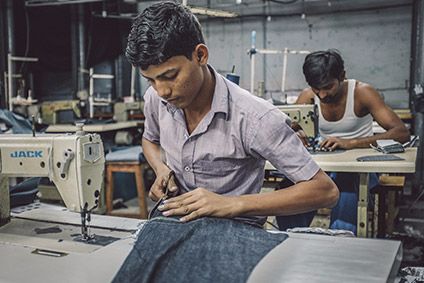In the new post-virus global garment industry, there will be a shakeout. We may find ourselves operating in an industry with a one-strike-you-are-out environment, where sustainability is the name of the game.
“It is better to work with a first-class factory located in a second-class country than with a second-class factory located in a first-class country” – Tom Glaser
For decades the best garment sourcing professionals have followed Glaser’s Law of Garment Sourcing. They were interested in the factories that delivered – reasonable price, better quality, higher productivity, better reliability, shorter lead-times and more services – what the customer required. Because first-class factories are located everywhere, sourcing professionals cared less where they were working and more with whom they were working.
Glaser’s Law has had a long run, but that run is coming to an end, thanks to two inter-related factors:
- The advent of the consumer driven garment industry;
- Consumers’ demands for higher levels of sustainability, lower levels of global warming and less pollution.
Here is the problem. Product is all about the factory. Ethical behaviour such as sustainability is all about the country.
The country with a with good reputation for sustainability and other areas of ethical behaviour enhances the value of every factory operating in that country. Even when a problem surfaces the consumers’ immediate reaction is: “This is a terrible exception that will be made right because in our minds we know that this country stands for quality, decency and civilised behaviour.”

US Tariffs are shifting - will you react or anticipate?
Don’t let policy changes catch you off guard. Stay proactive with real-time data and expert analysis.
By GlobalDataThe country with a poor reputation for sustainability and other areas of ethical behaviour diminishes the value of every factory operating in that country. When the same problem surfaces, the same consumers’ immediate reaction is: “This simply confirms what we already knew: this is a country that stands for all that is wrong with the industry.”
This may well be unfair, but it is realty. Factories operating in the “good” countries receive an automatic benefit, while the same factories operating in a “bad” country pay a price.
In the new post-virus global garment industry, this problem will become far more acute. While the end of the global lockdown may bring a spike in consumer garment demand, any increase will be short lived. The industry will not only be different it will be appreciably smaller, with too many factories chasing too few customers, chasing too few consumers. There will be a shakeout. We may find ourselves operating in an industry with a one-strike-you-are-out environment where sustainability may well be the name of the game.
Everybody must play.
The “good” countries must work to be better.
The “bad” countries must work to be different. Not easy!
To be different you must accept the need for change, if you want to survive.
If you believe that the new industry will be the old industry, you and your factories will be in trouble.
If you believe that your strategy is to leverage your best factories to prove to the consumer that you are better than they believe, you will be in trouble. More to the point you will be dragging down the best you have to offer. Eventually, survival will force your best to either move away or at least to take the position: “We are different. We are in this country, but not of this country.”
The so-called “bad” countries will need serious strategic solutions and will have limited time to carry them out.




